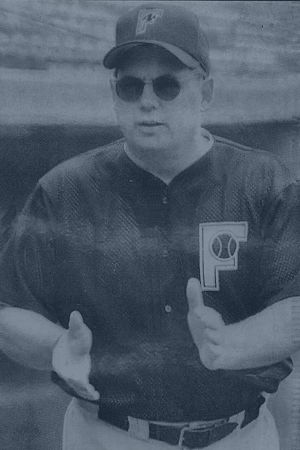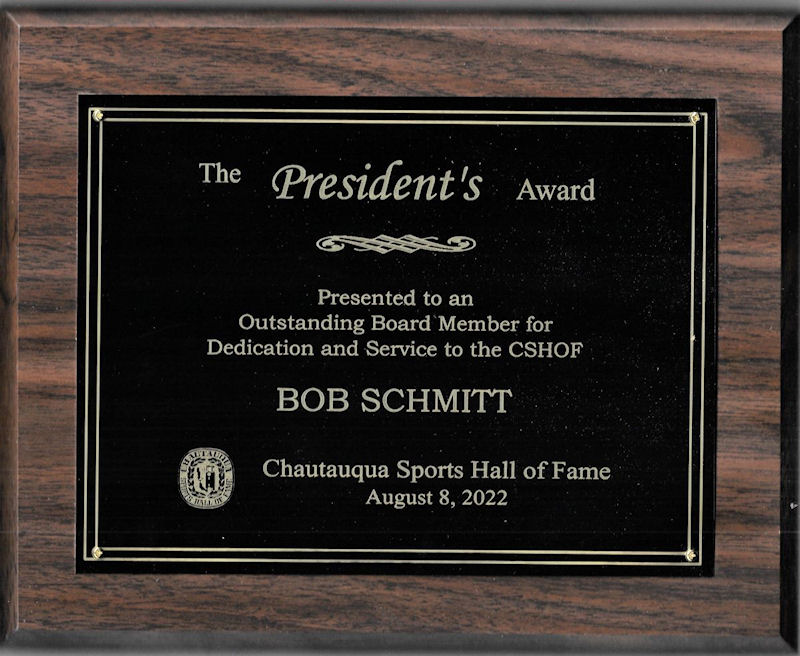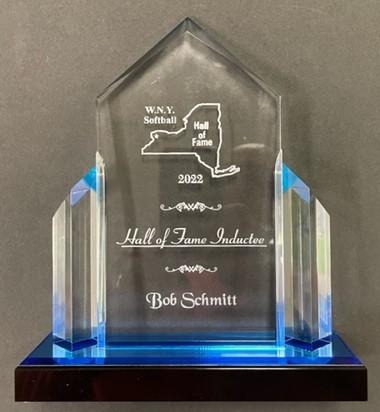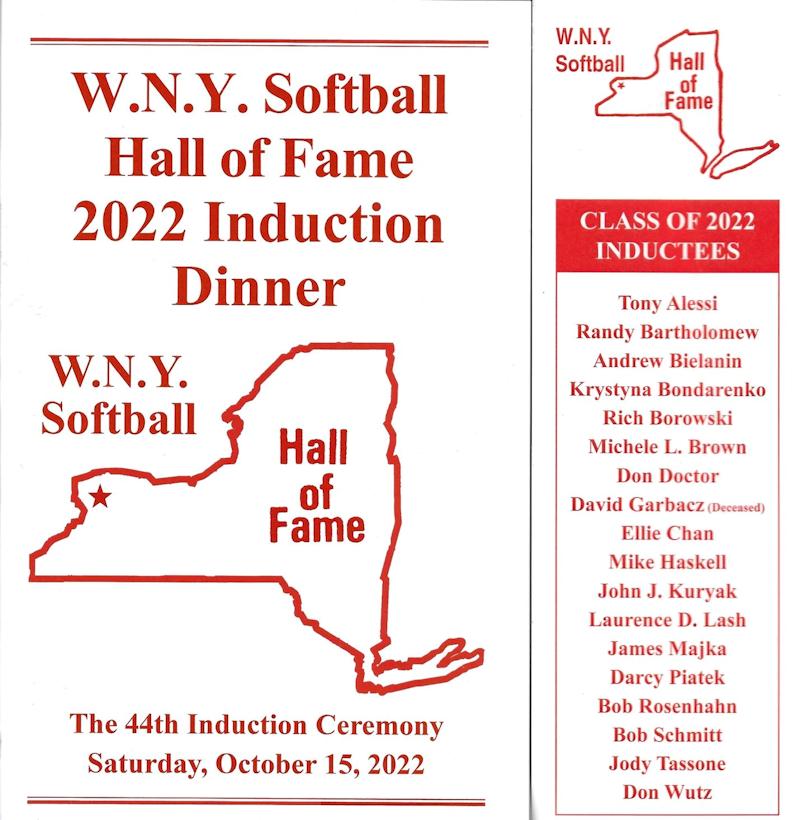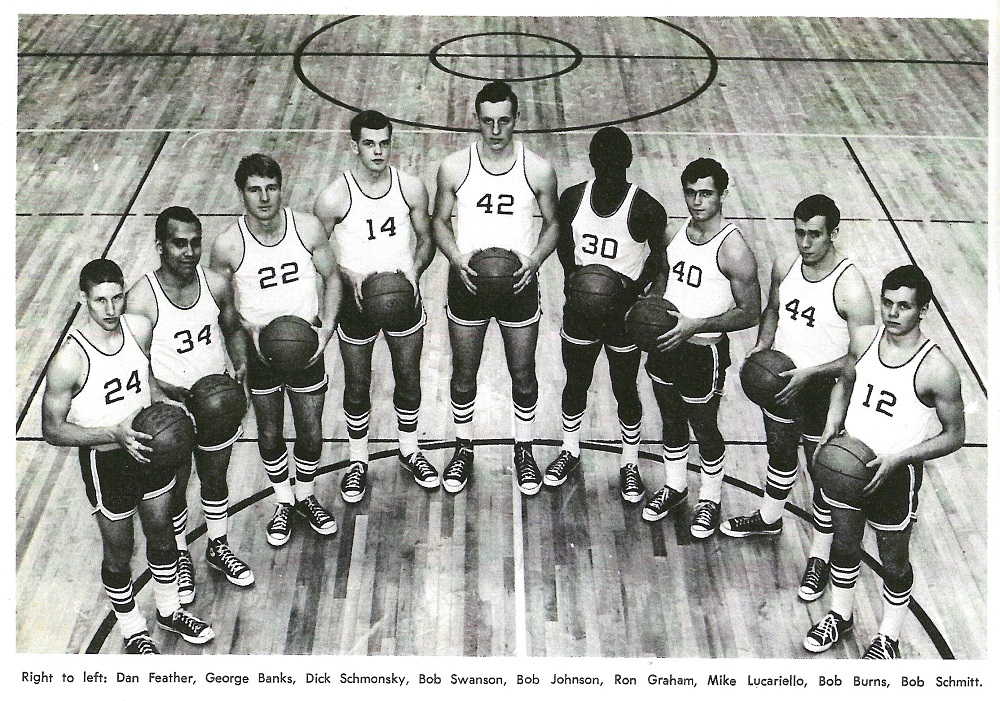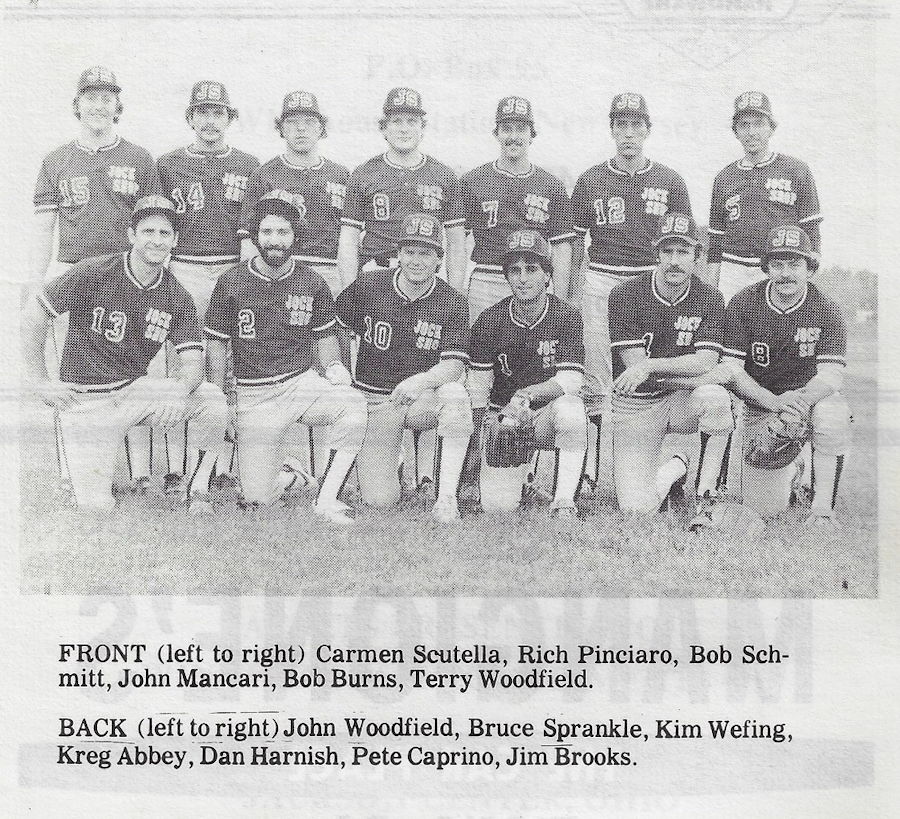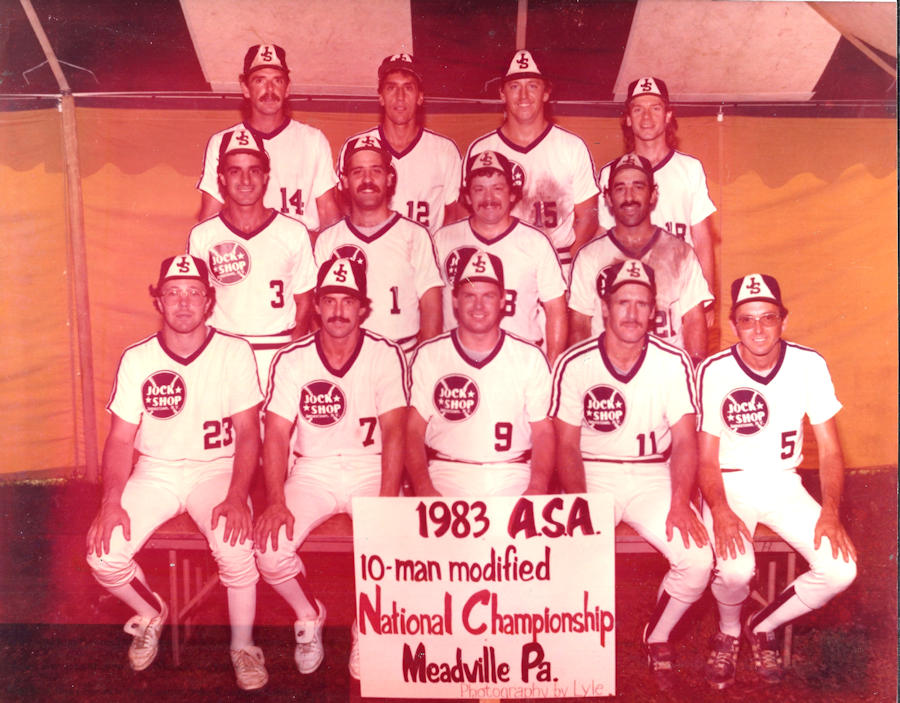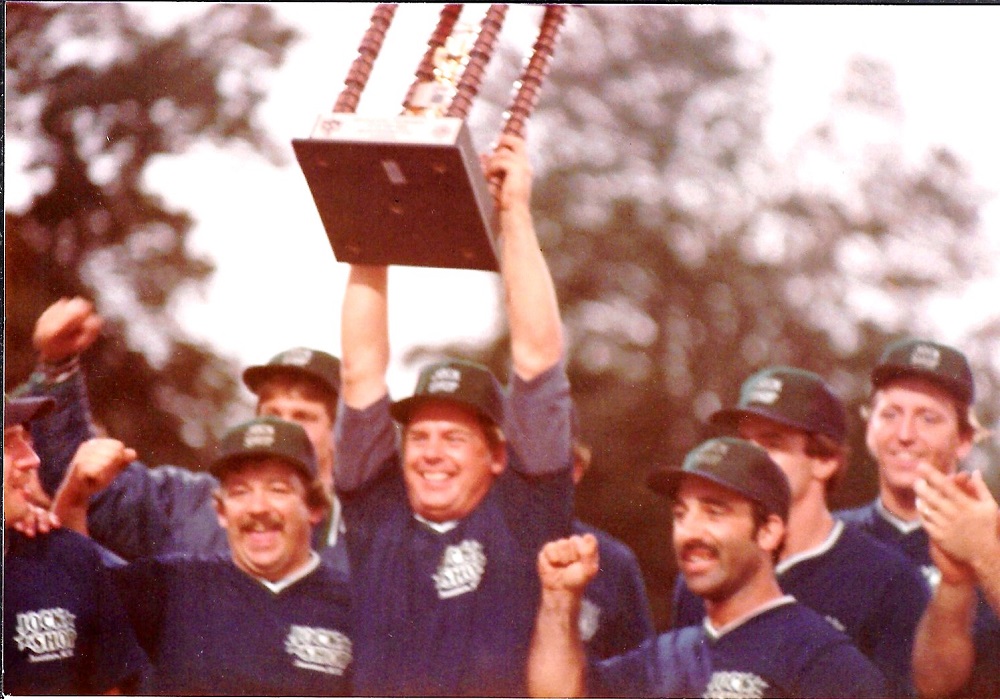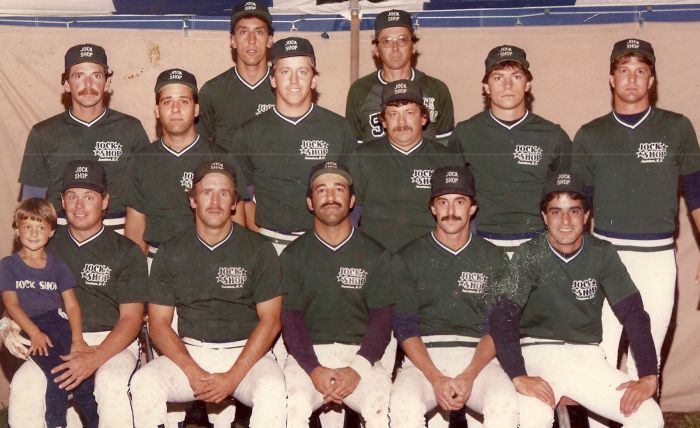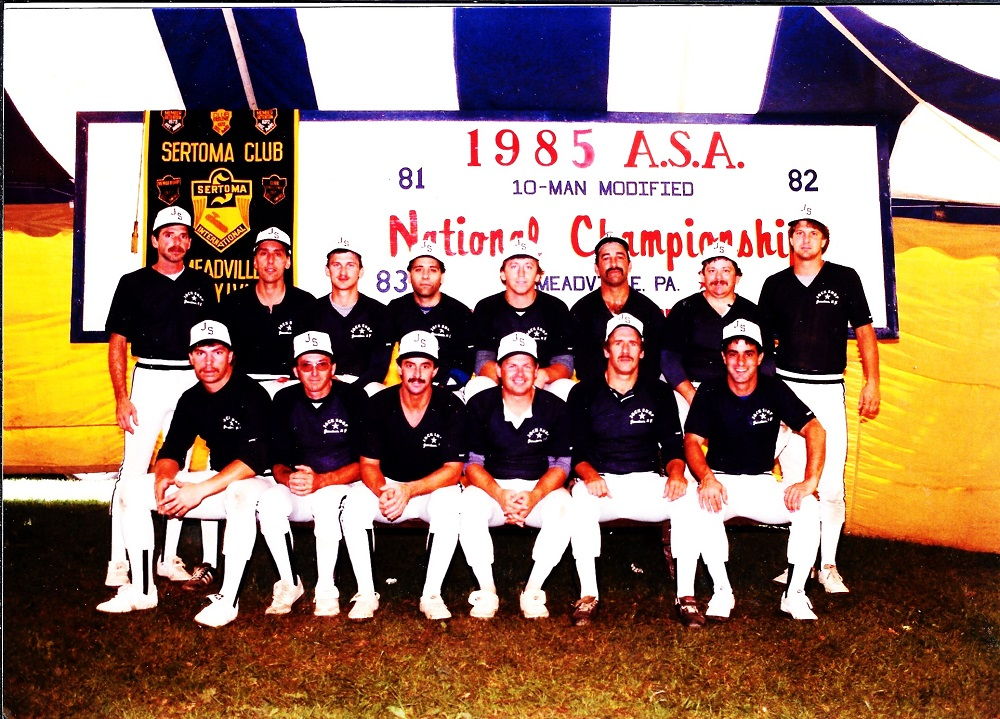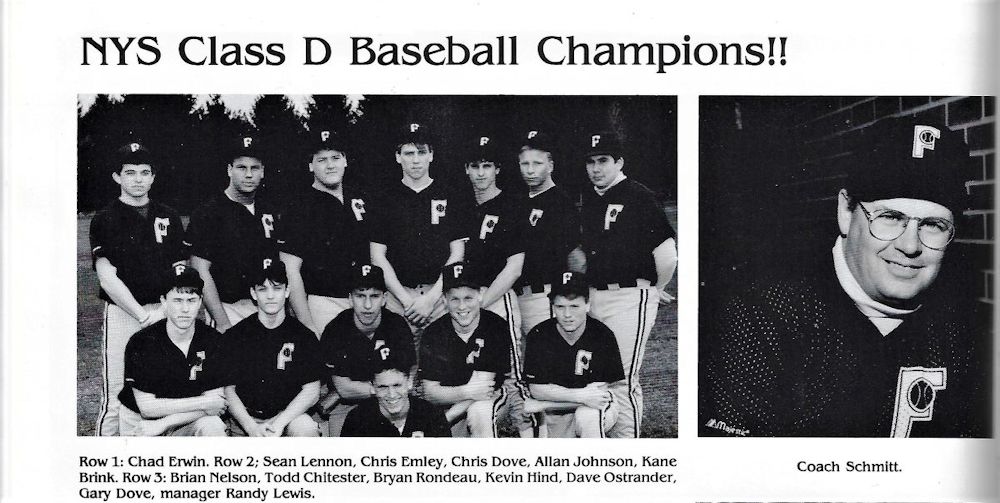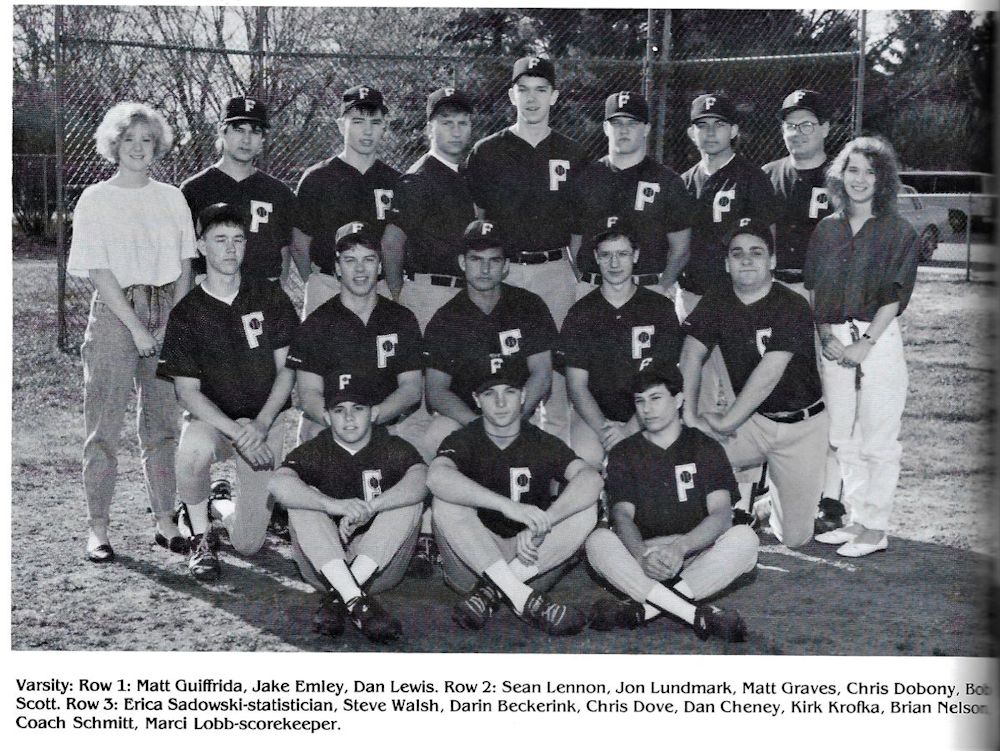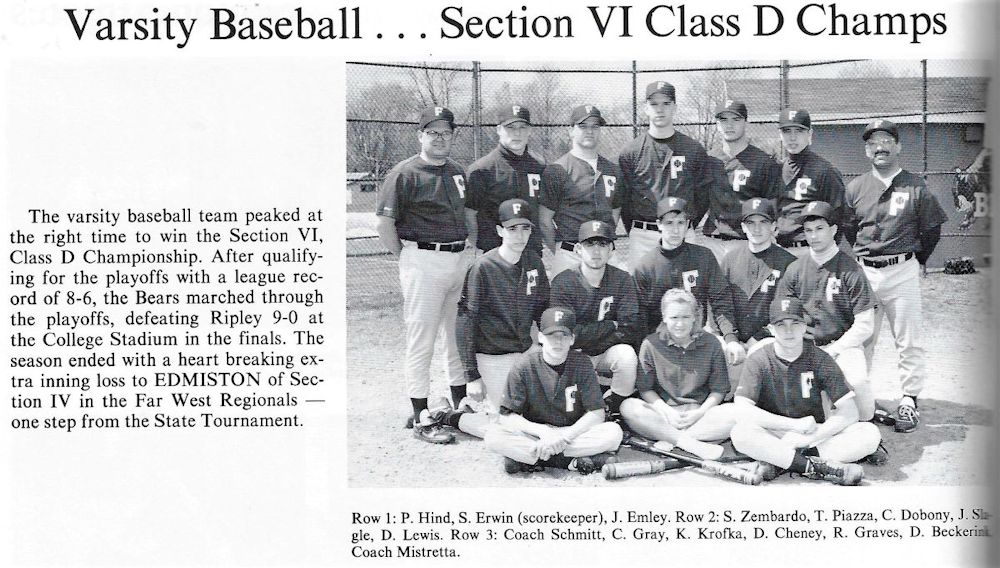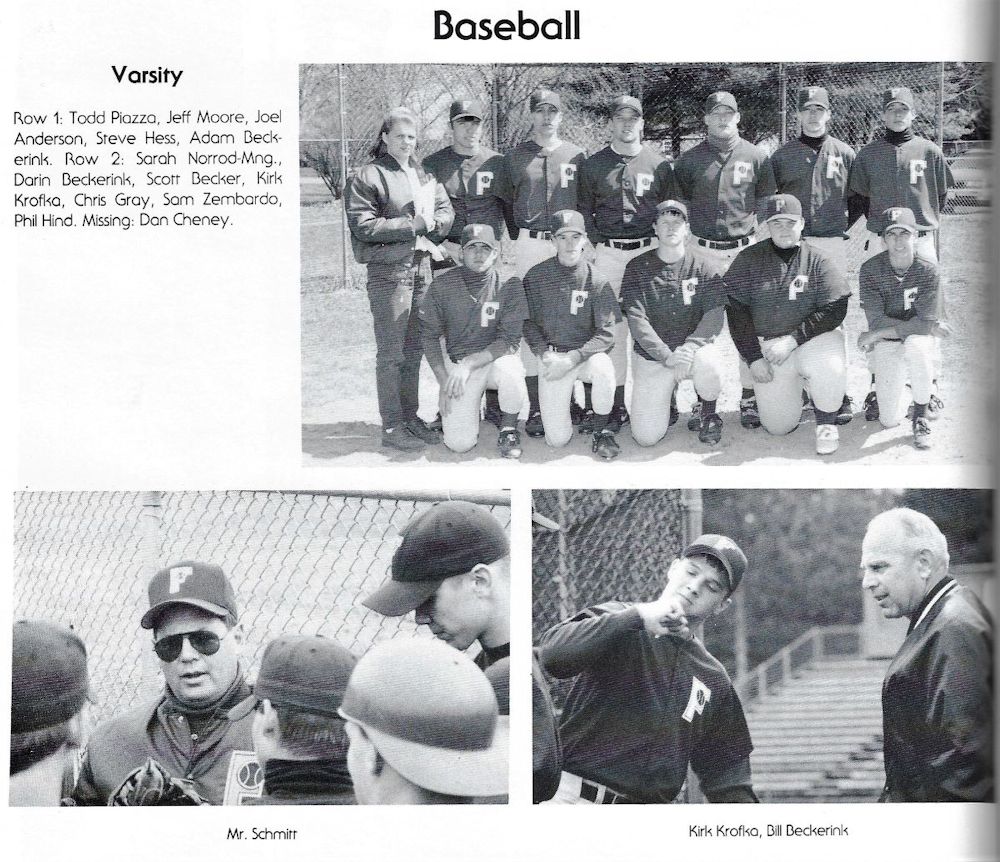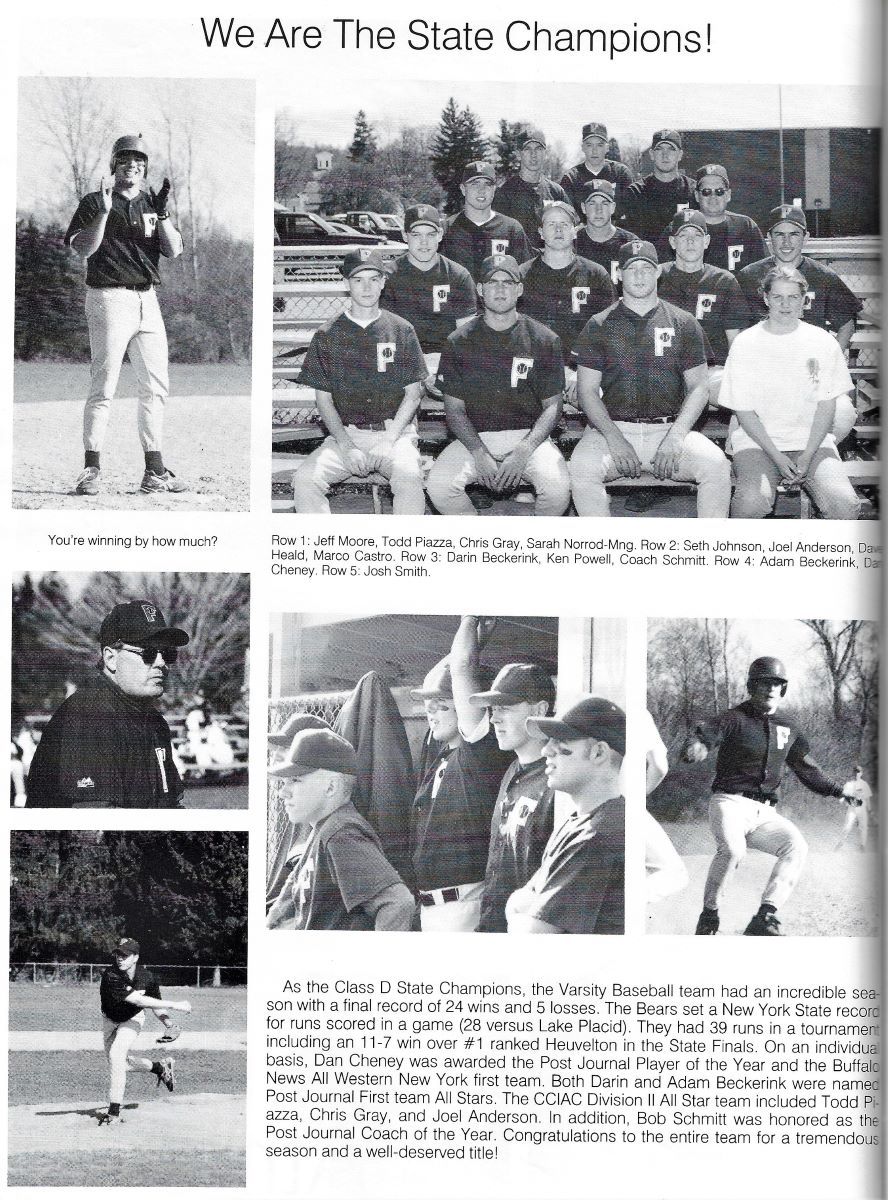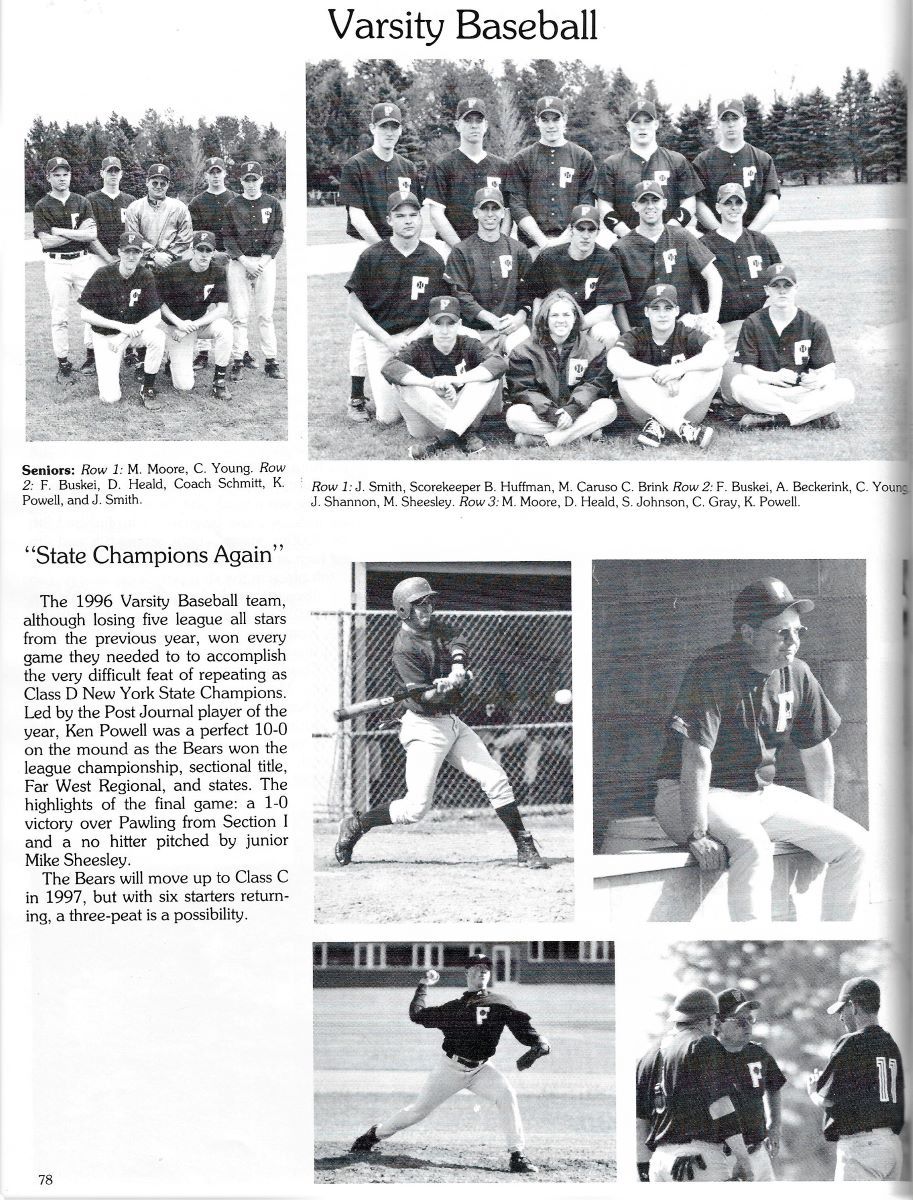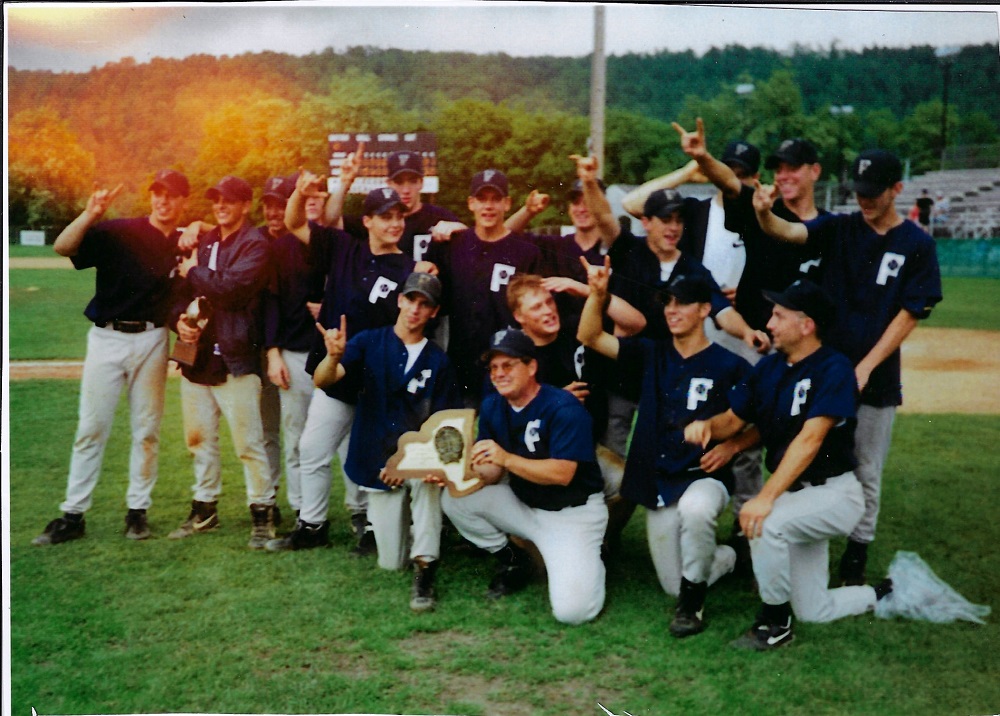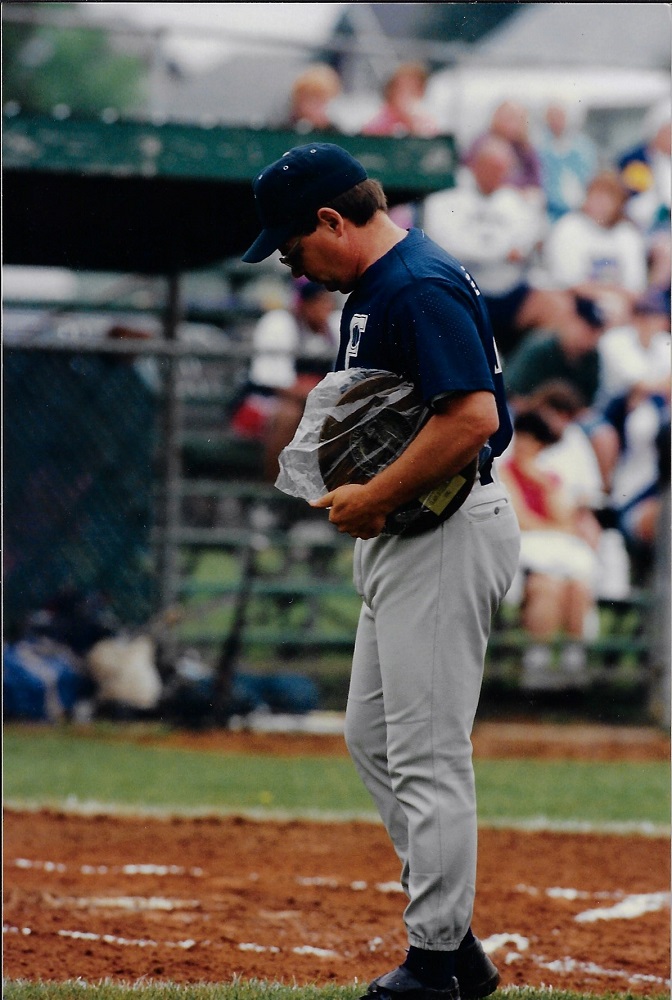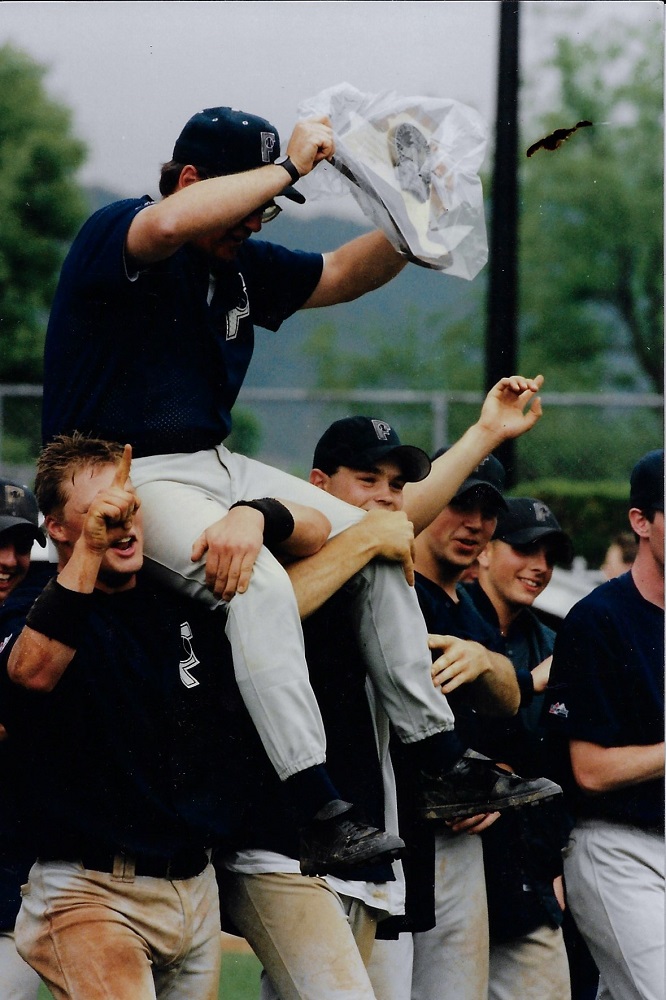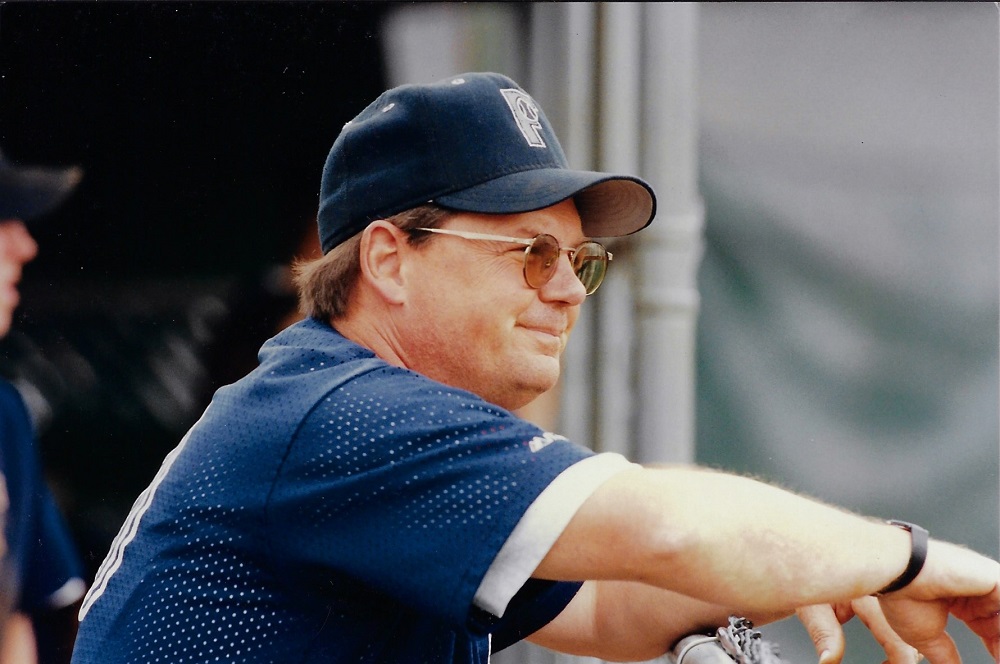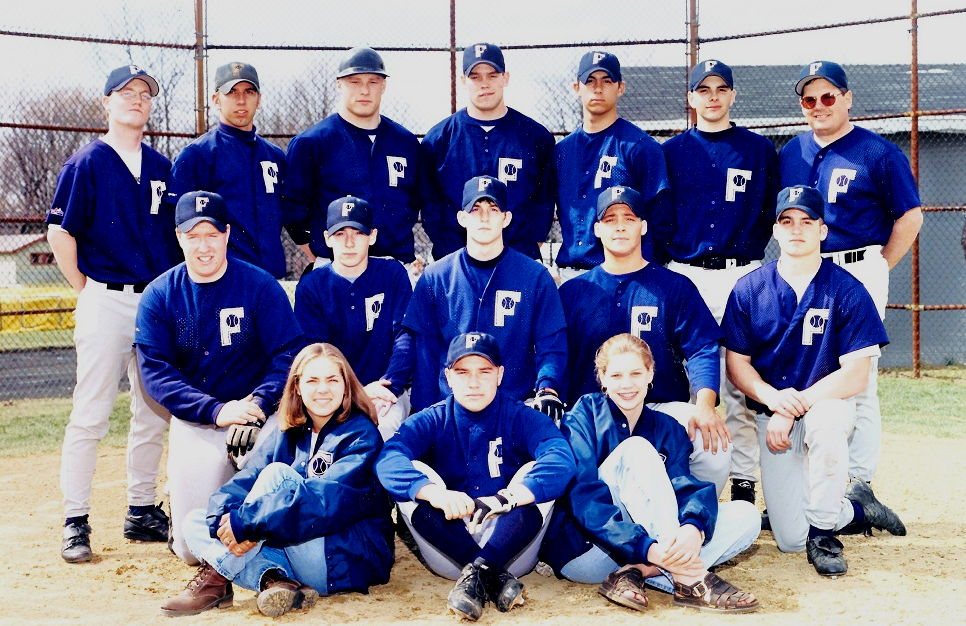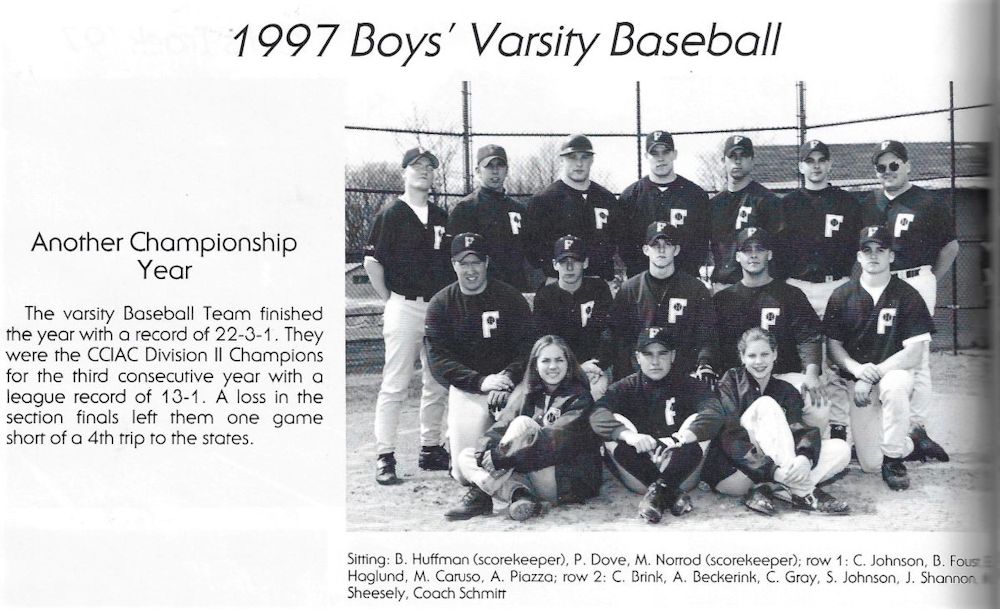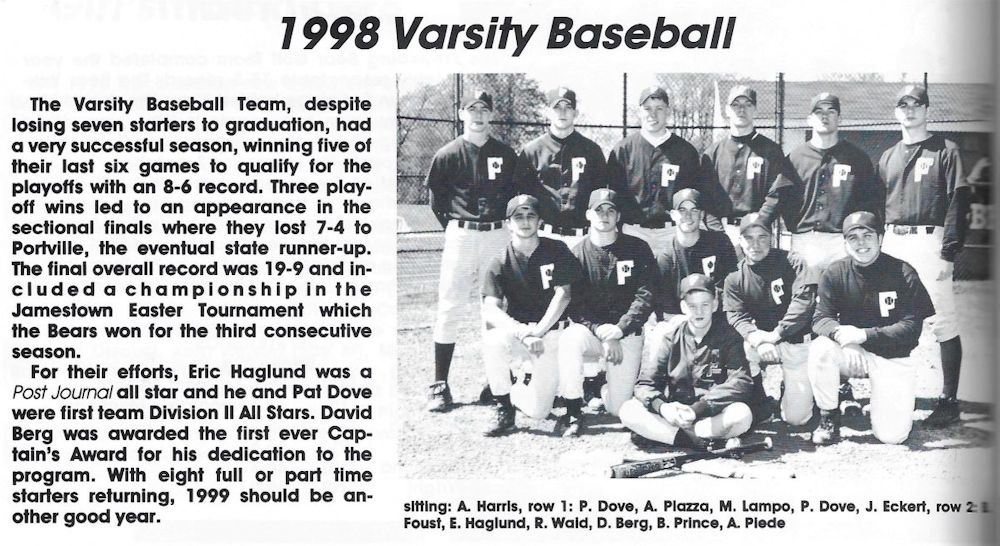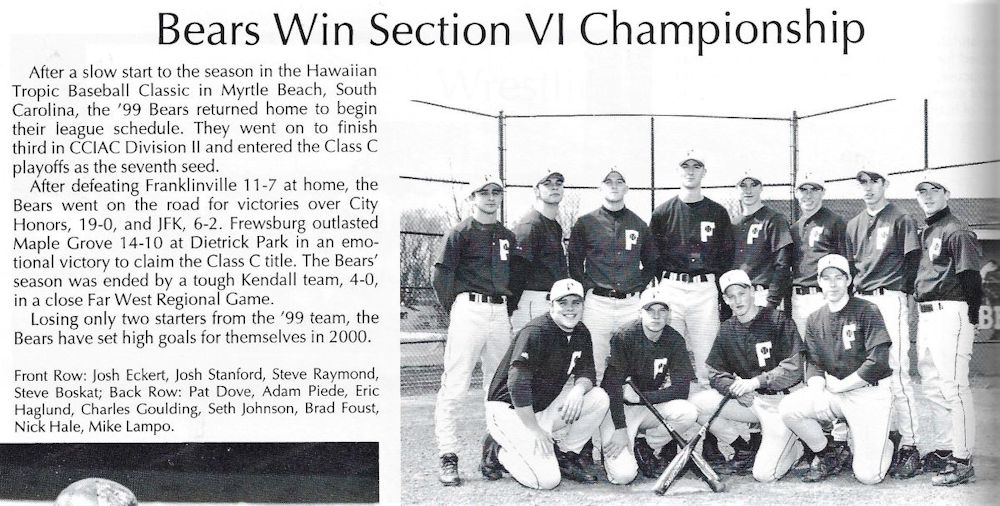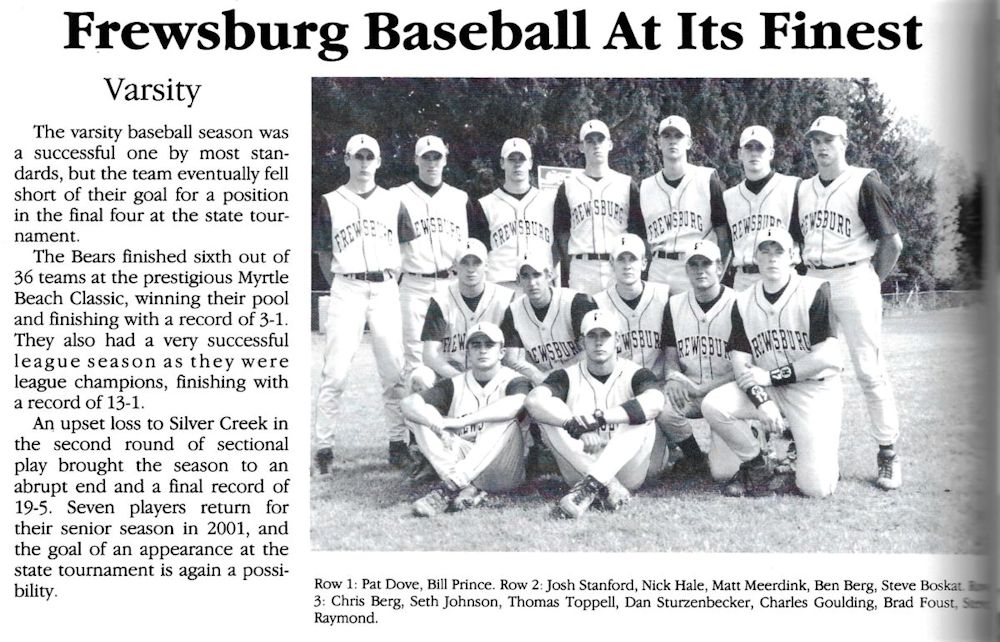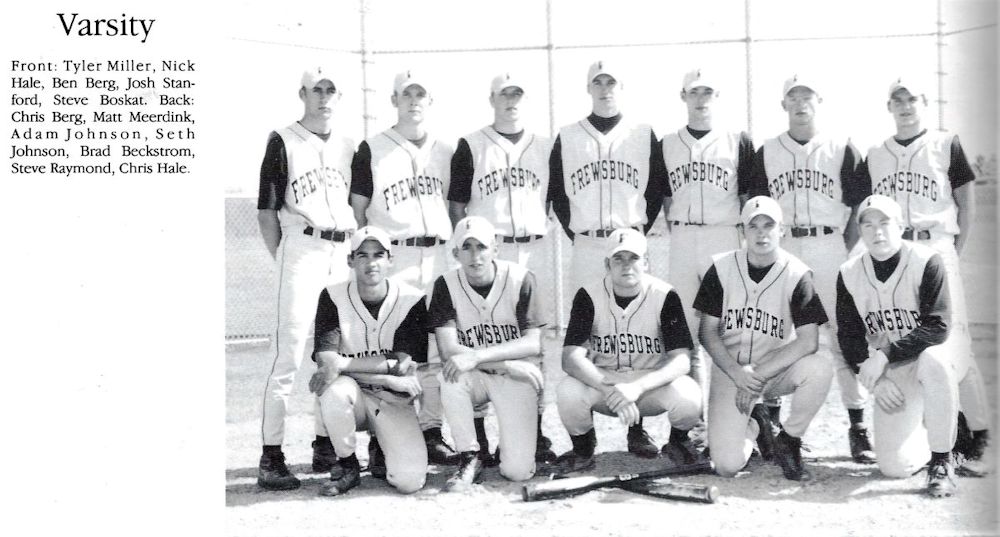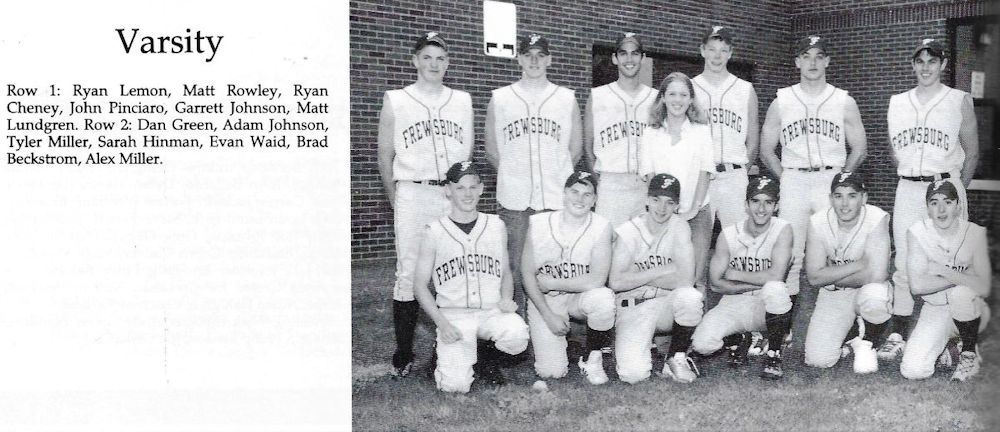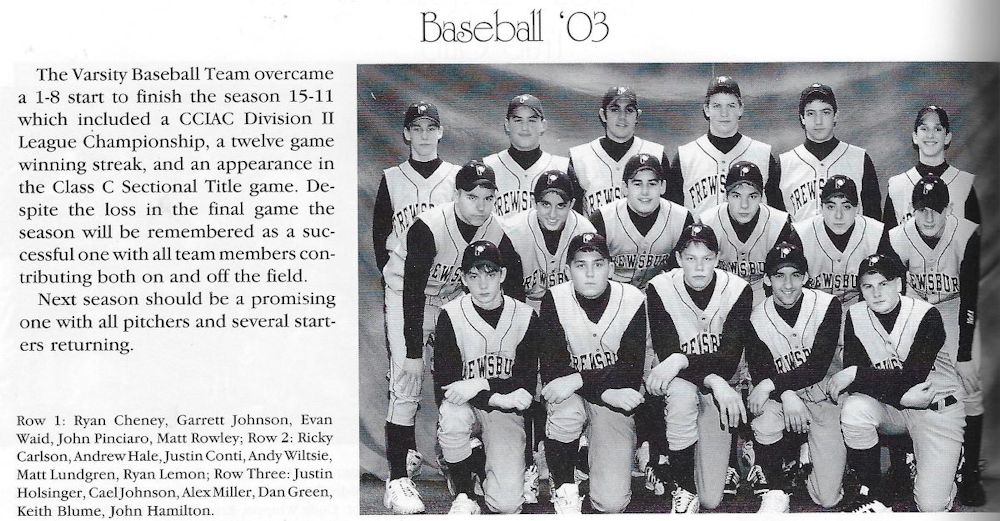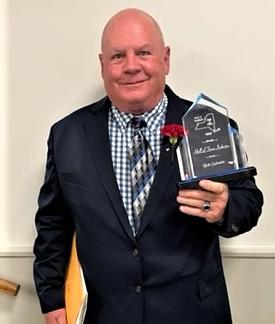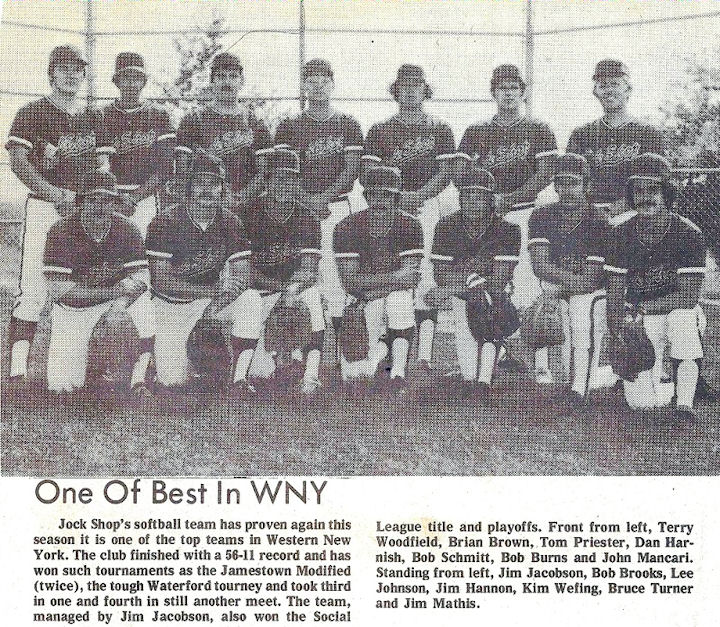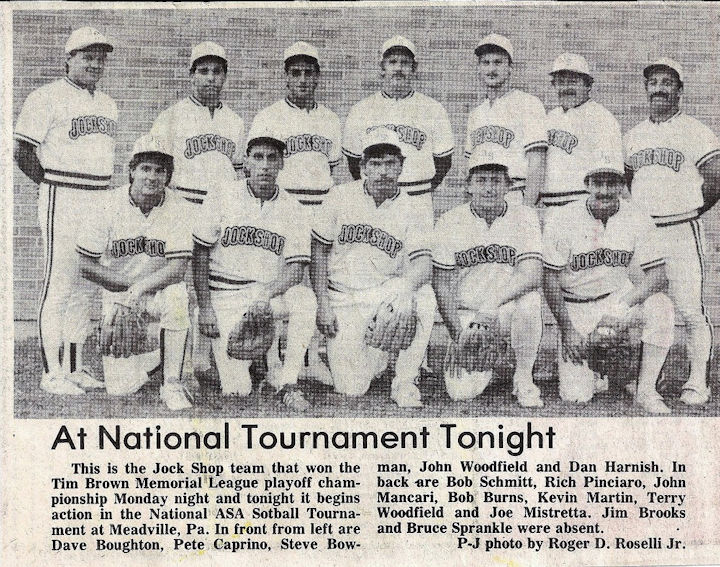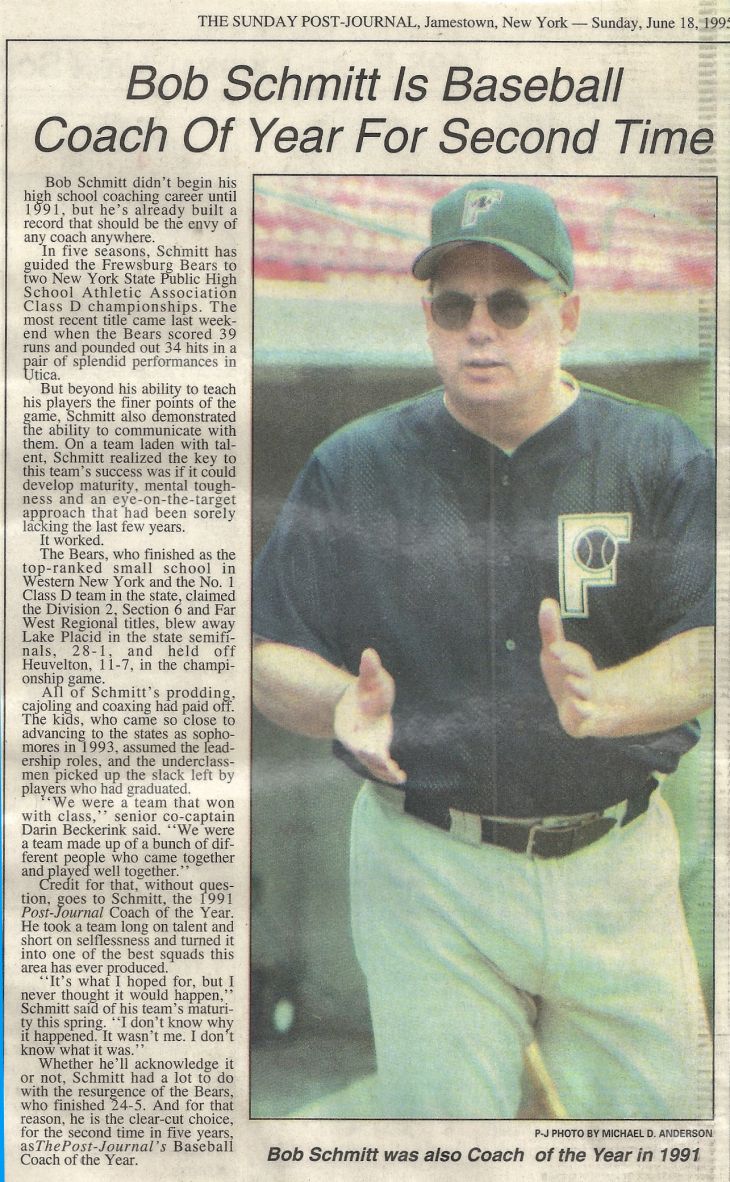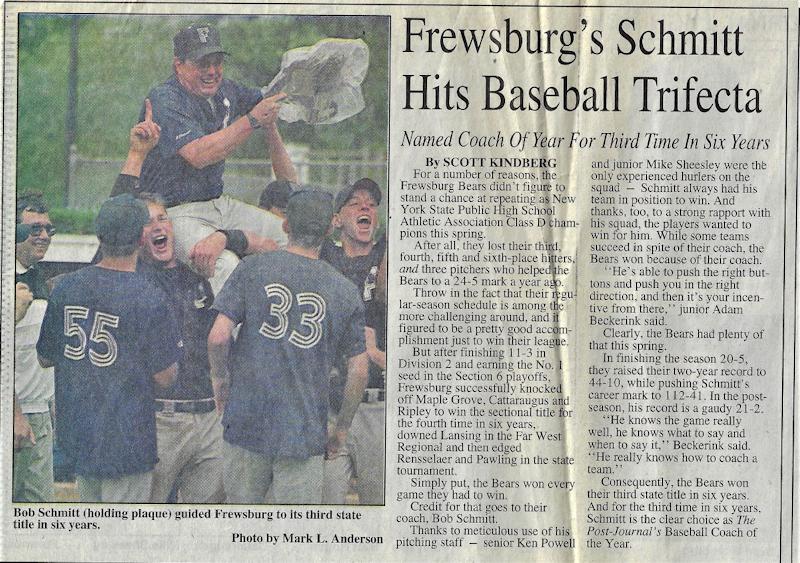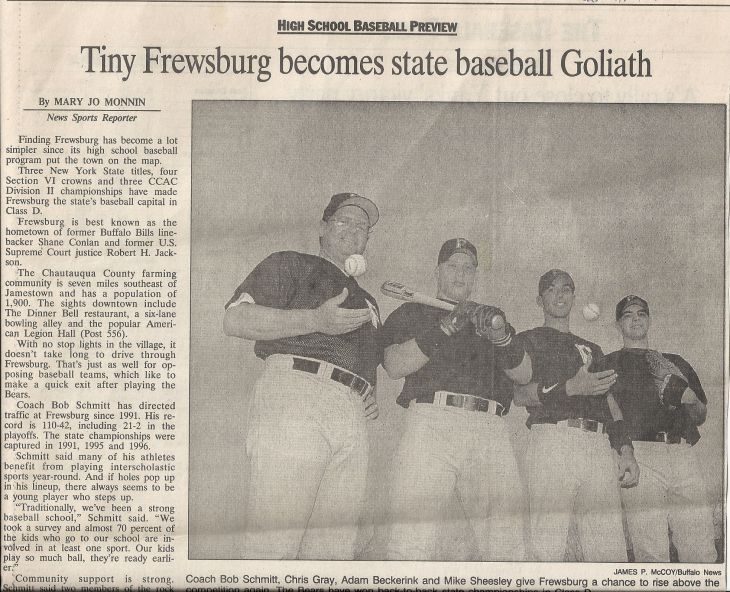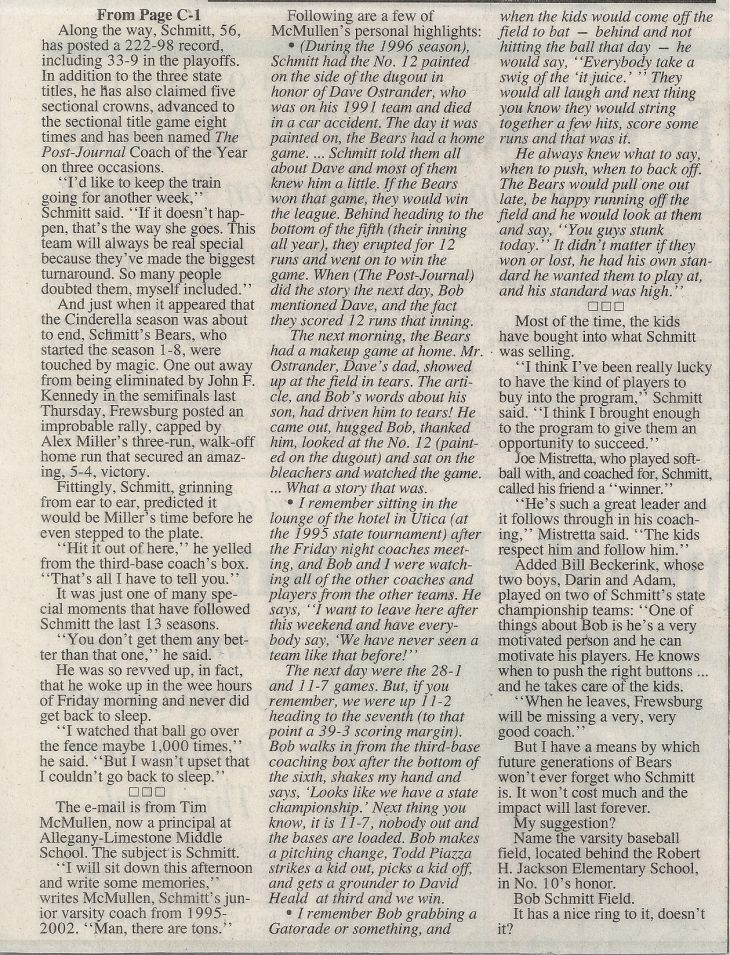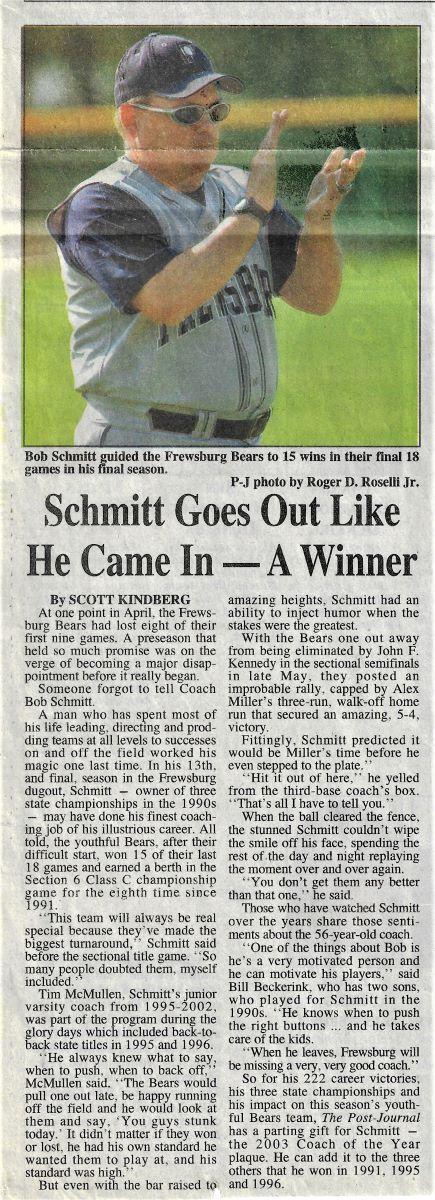Schmitt grew up in Depew , attended Lancaster schools and spent countless hours playing three-man baseball in the sandlots near his home. He also learned the game from his father, Bob Sr., who would play catch with him in the backyard, but only as long as the younger Schmitt would throw accurately.
His baseball prowess continued in high school, but upon graduation in 1965, he decided to postpone entering Slippery Rock so that he could work in a steel mill to earn some money. Unfortunately, the company went on a strike and he was not yet in the union.
Bob Schmitt is introduced for CSHoF induction by Joseph DiMaio
Schmitt contacted Slippery Rock, but the school had given his scholarship to someone else. That prompted him to apply to Jamestown Community College two weeks before school started and he ended up attending there for two years.
While at JCC, Schmitt played baseball and basketball. On the hardwood, he averaged 13 points per game his sophomore season and connected on 91 of 96 free throw attempts.
About that time, Schmitt, not wanting to be drafted, spent eight months in the Peace Corps, an experience that was cut short because he developed malaria. He was later drafted, but because he had been so sick he never did go to Vietnam, but entered the Army Reserves instead.
Schmitt's first job after the Peace Corps was an insurance adjustor. He also later worked in forestry in the Chautauqua County, but his true passion was softball, a sport he dove into head first.
As the unofficial coach for the Jock Shop team, Schmitt, who began working at the store in 1977, organized trips to tournaments and ordered equipment. By the 1980s, the Jock Shop was one of the country's best teams, capturing national titles in 1984 and 1985. Schmitt was an integral part of those squads, one of which posted a 55-5 record.
Along the way, Schmitt also played hundreds of games in Jamestown , most notably for See-Zurh House in the Social League and, later, for the Jock Shop in the Tim Brown League. He also played for United Church Homes in the city Church League.
One of his most memorable performances came against the "King and his Court" when he went 3 of 3 and knocked in four runs in a 4-1 win over the legendary Eddie Feigner.
An all-around athlete, Schmitt continued to play recreational basketball and flag football, where he was a member of championship teams and the recipient of individual MVP honors, too.
"He'd come in the dugout and he'd say, 'Go for the kill because these guys are ready to roll over'," Pinciaro said. "He'd see something in a game that nobody else saw. Nobody else was smart enough to do that. Nobody else had the get-up-and-go like he did."
Schmitt continued to work at the Jock Shop until 1987 when he decided to change careers, exchanging his glove for a textbook. The trade turned out to be one of Schmitt's best moves.
"The kids really like him," said Pinciaro, whose son played for Schmitt. "I guess he knows how to give people a role."
In addition to leading the Bears to the three state titles, Schmitt also guided them to three Far West Regional titles, five Far West Regional appearances and five Section 6 championships. In 1999, the Bears won a Class C sectional title despite entering the postseason as the No. 9 seed. His coaching prowess earned the Bears numerous league titles, sportsmanship awards and Post-Journal Coach of the Year honors.
Noted Judy Beckerink, who watched the players, including her two sons, interact with Schmitt: "He doesn't yell to get his point across. They just know when he's proud and when he's unhappy, and they react very well to him. I couldn't ask for a better male figure."
